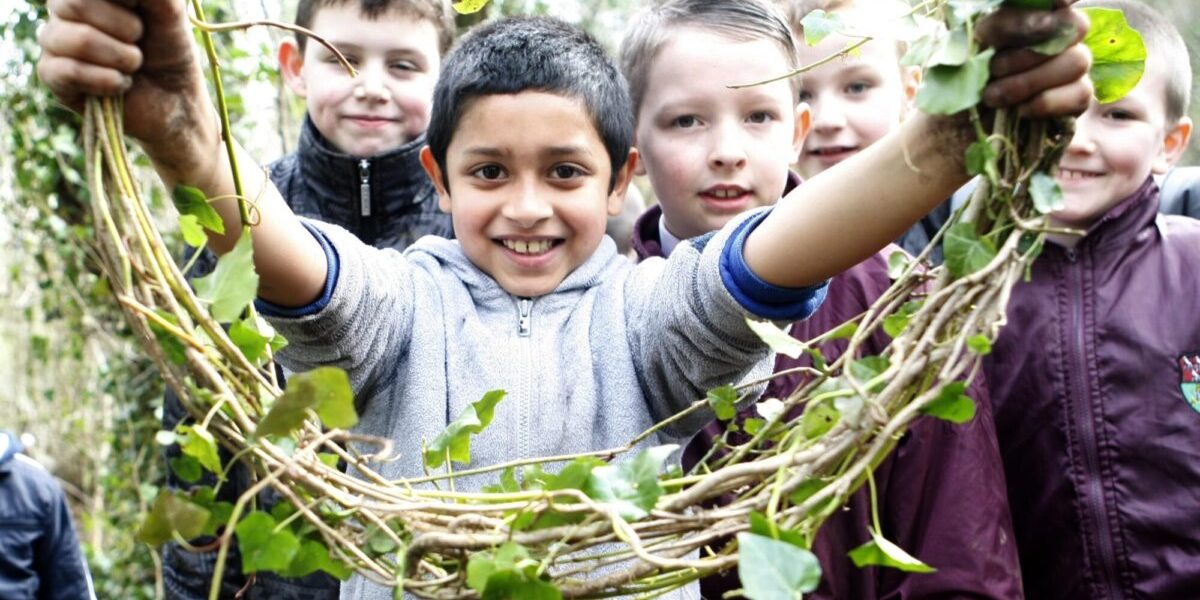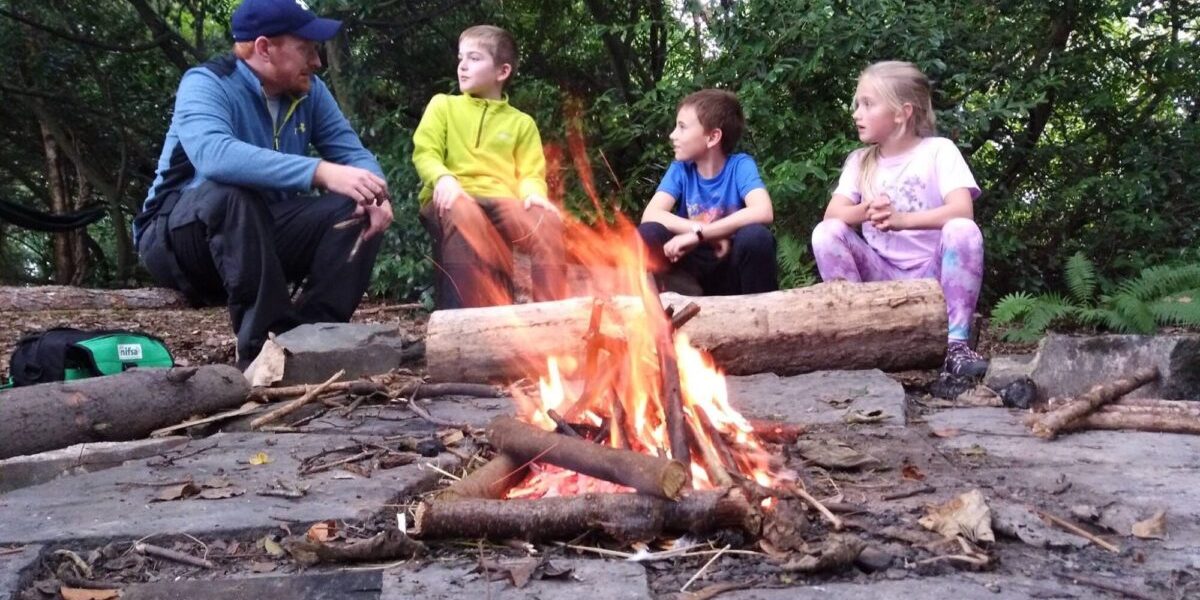CALLING ALL FAMILIES
The Forest School family challenge is now on!
We want you to get out and enjoy playing with your family for free in your wonderful local Council Parks and other green spaces. Get free activity sheets, ideas and tips to get outside. Log your adventures to earn certificates :O)
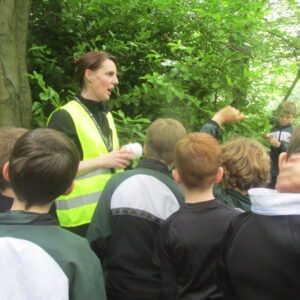
Training new Forest Schools
400 Nurseries and Schools being trained
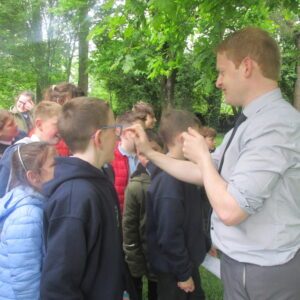
200 Official Forest Schools
trained and supported
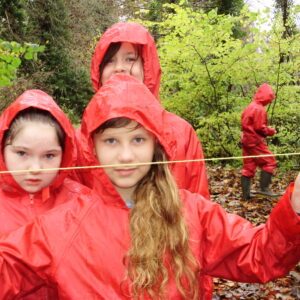
Facilitated the teaching of 150,000 children outside since 2016
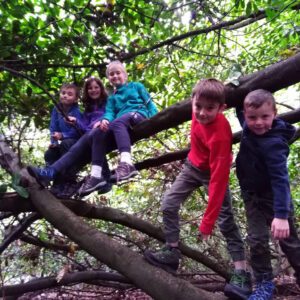
Encouraging over 500 Forest School Families to explore their local environments





